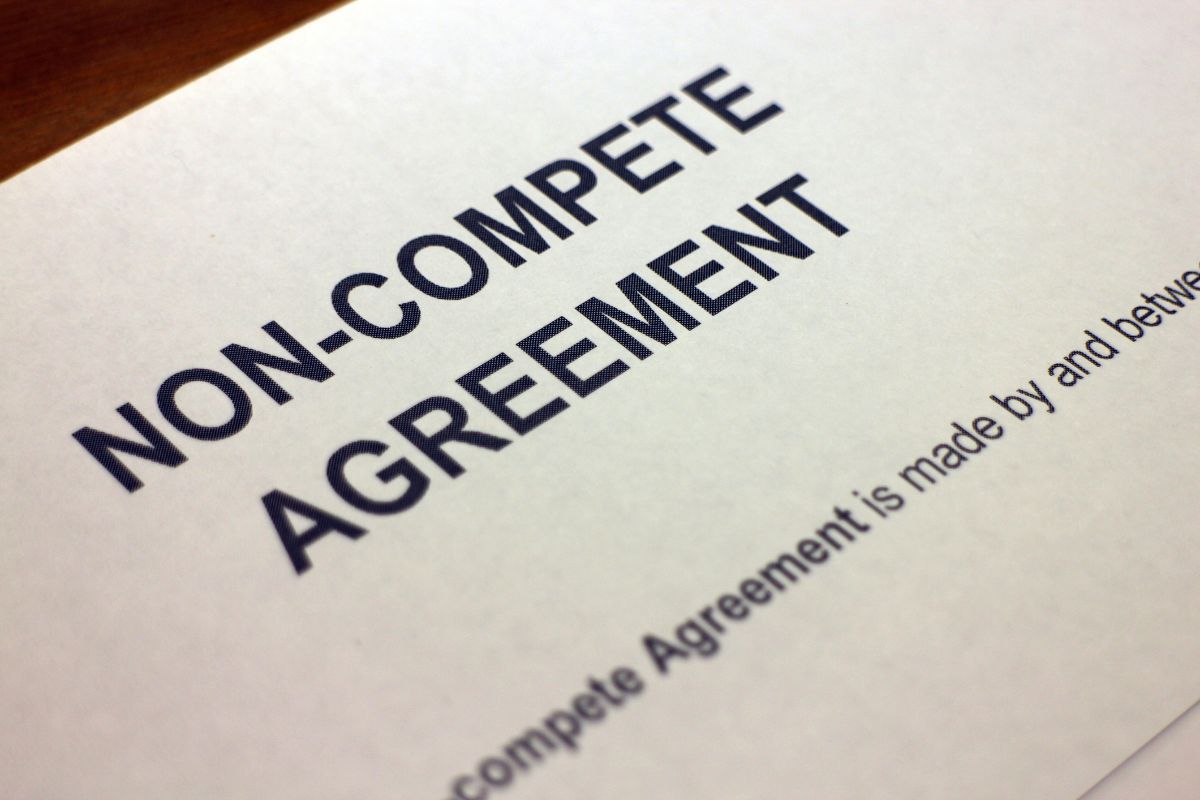

Non-compete agreements are widely used in today’s modern corporate world. This type of contract limits an employee’s ability to compete with the employer when their employment terminates. Although non-compete contracts are widely used, it is also common for them to be unenforceable.
Courts construe non-compete agreements strictly. For example, if an employer includes strict burdens on the former employee’s ability to earn a living, the court may find the contract unreasonable.
A few of the reasons a court may determine that a non-compete contract is unenforceable are:
. ● Lack of Consideration. All contracts, including non-compete agreements, must include an exchange of consideration between the parties. Your employer must provide you with something of value in exchange for your agreement not to compete with the employer’s business.
If your non-compete contract is found to be valid and enforceable, then you could be subject to legal consequences if you violate the agreement. An employer could be awarded an injunction, or even monetary penalties, against the former employee.
When you violate your non-compete provision, your employer may send a demand letter or even file a lawsuit against you. In either event, you should immediately contact The Crone Law Firm for help. The sooner we are involved, the more likely you will obtain a positive outcome.
In a lawsuit, your employer can seek recovery for all damages incurred as a result of your violation of the contract. This can include monetary damages and actual losses, as well as an order enforcing the non-compete agreement.
An employer can sue a former employee who violates a non-compete agreement for actual losses. The employer typically proves the loss of profits that resulted from the former employee’s competition with the employer’s business. If the employer can prove your violation of the non-compete was the cause of the loss of profits, you could be held liable for large sums of money.
The employer can sue the former employee for an amount that is specified in the contract. This is often referred to as liquidated damages. The agreement sets forth the monetary amount the employer can recover if the employee violates the terms of the non-compete provisions. The court will award this amount if it is a reasonable amount.
In cases where the employee has acted maliciously, the employer may seek to recover punitive damages. The burden is on the employer to demonstrate the malicious conduct, but if proven, the employee could be subject to hefty punitive damages.
One of the most common awards an employer gets when an employee violates a non-compete agreement is injunctive relief. The injunction order upholds the terms of the non-compete provisions and typically orders the former employee to stop working for the new (competing) employer.
For individuals seeking to defend themselves against a former employer, it is imperative that you involve your attorney as soon as possible. Usually, the employer will request a quick hearing on its request for an injunction, sometimes within just a few days.
The more time your attorney has to investigate the basis of the complaint, the better your defense will be at the injunction hearing. Call us at 901-737-7740 to see how we can help.
Let’s go get some justice! If you’ve been treated unfairly at work and are wondering if you should take action, contact us and we’ll help you evaluate the merits of your case. Once you know, you can decide what you want to do.